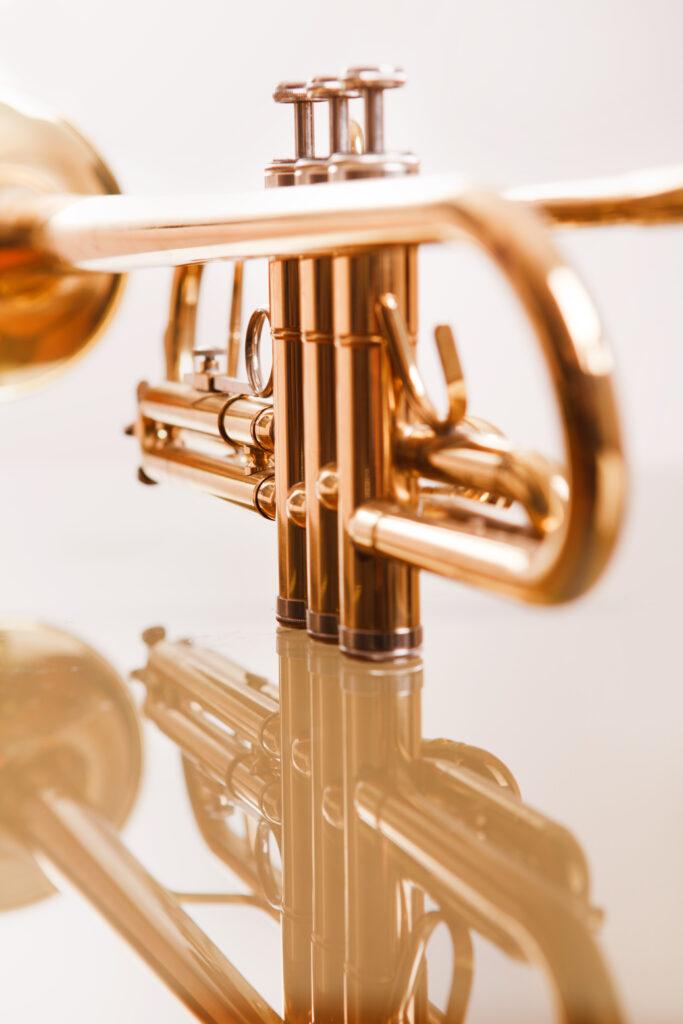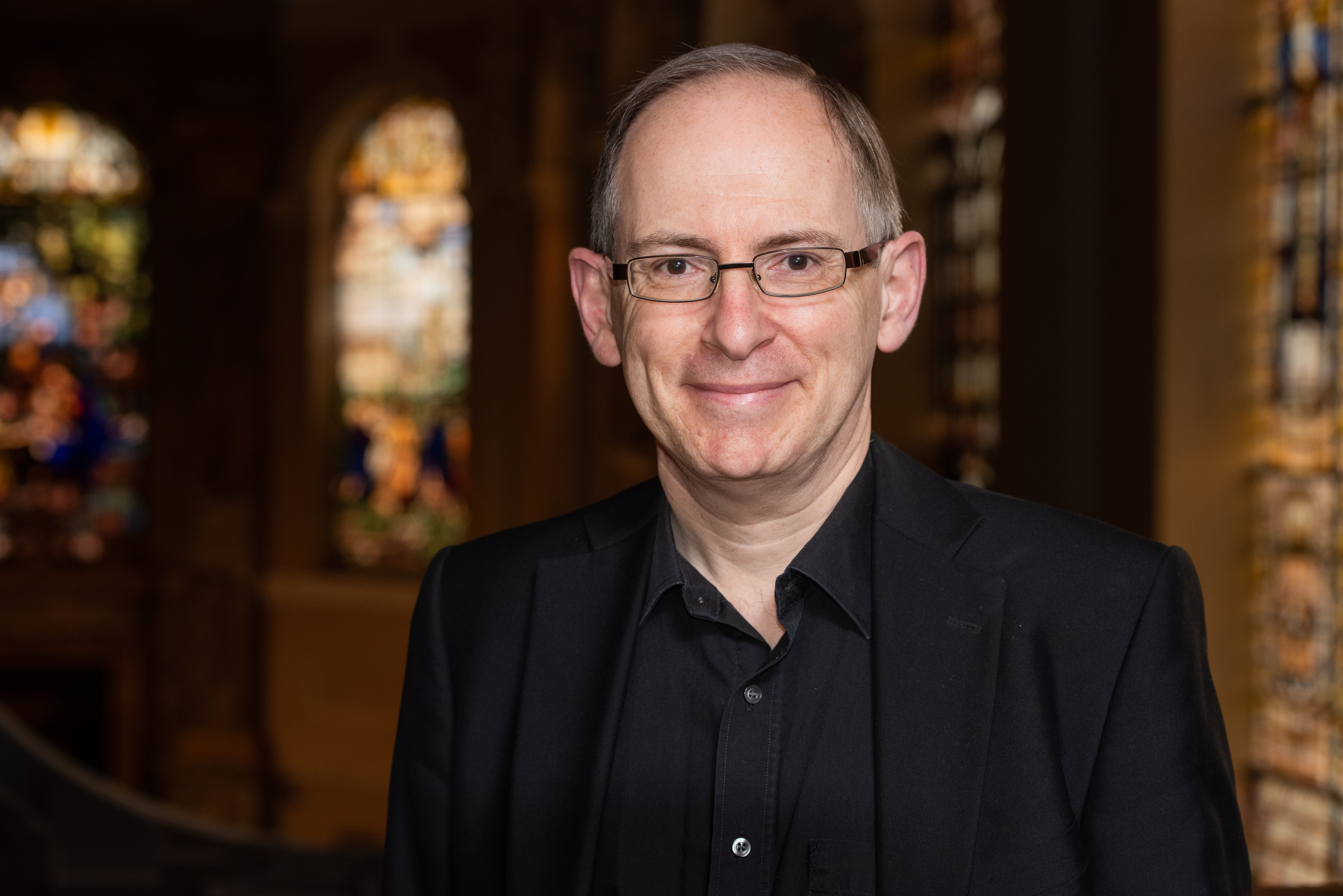Course
- BA (Hons) Music
Admissions
Queen’s has a strong tradition in both academic and practical music (both choral and instrumental), and achieves very strong academic results in this subject. The College normally admits four undergraduate students to read Music each year, making it one of the larger colleges for this subject in terms of academic places.
The course
The three-year Music course offers wide-ranging coverage of music in its historical and cultural contexts, study of musical genres, forms and styles, compositional techniques, and performance, and allows increasing specialisation in one or more areas as students proceed through the course. Combined with the extremely rich opportunities for performance in the College and the University, the course helps every student to graduate as a mature and well-rounded musician with an informed and lively sense of the study and practice of the subject.
The first year of the course provides a solid foundation in musical skills, and helps you to develop new ways of thinking about music (in terms of historical and cultural contexts, analysis, and techniques of composition). Students also choose two out of four elements from: performance, composition, extended essay, and a paper concerned with issues in musicology. During the second and third years of the course (which form a single unit: there is no examination at the end of the second year) broad study of music history, analysis, and musical scholarship and culture is combined with a huge choice of options, including project work (such as a dissertation), performance, composition, ethnomusicology, and specialist study of subjects (from early music to aspects of contemporary musical culture) reflecting the research expertise of Faculty staff. Performance-related options include courses in chamber-music performance, choral conducting, and choral performance.
There are excellent facilities in College for practical music. These include the award-winning Shulman Auditorium (completed in 2012) with Steinway grand piano, two Music Practice Rooms (both with pianos and harpsichords), and a grand piano and two-manual harpsichord in chapel. The chapel organ, by Frobenius (1965), is internationally esteemed and used for weekly recitals during full term. Music students are provided with an electric piano in their room.
The College offers Choral Scholarships each year, as well as Organ Scholarships and Instrumental Awards.
Teaching
The number of academic staff in music at Queen’s (a Fellow in music and two College Lecturers), and the diversity of their academic interests, means that many parts of the course are taught within the College. Queen’s is also committed to securing specialist teaching in other colleges for its students as appropriate. Professor Rees’s main interests as scholar and performer are in Renaissance and Baroque music, and he directs the College Chapel Choir as well as the professional vocal ensemble Contrapunctus. Dr Bird specialises in music from the 19th Century onwards and teaches papers ranging from Global Hip Hop and World Jazz to Musical Thought and Scholarship. Dr Chandler specialises in analysis modules, while also teaching tutorials on pop transcription and arrangement and Modernism in Vienna.
Interviews
As at all colleges, candidates are required to submit two essays – at least one of which should normally be on music – and some examples of harmony and counterpoint. You can also send some examples of original composition. All work submitted should be teacher-marked work. Candidates who are called to interview will be asked to give a performance on their principal instrument or voice at the Faculty of Music. In the interviews at Queen’s, candidates will be asked to discuss a musical extract and a brief piece of writing about music, both of which will be given to candidates to look at before the relevant interview. The interviews will also include discussion of points relating to the written work submitted, and candidates’ musical studies, experience, and interests. We are looking for candidates with a good grasp of how music works, and an interest in thinking critically about music and how it relates to its context, e.g. historically.


